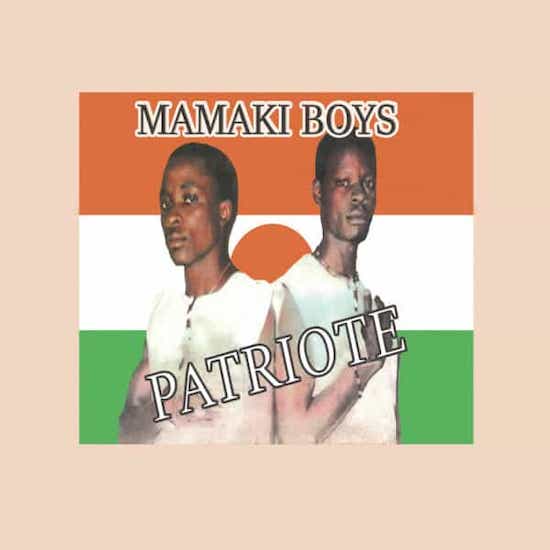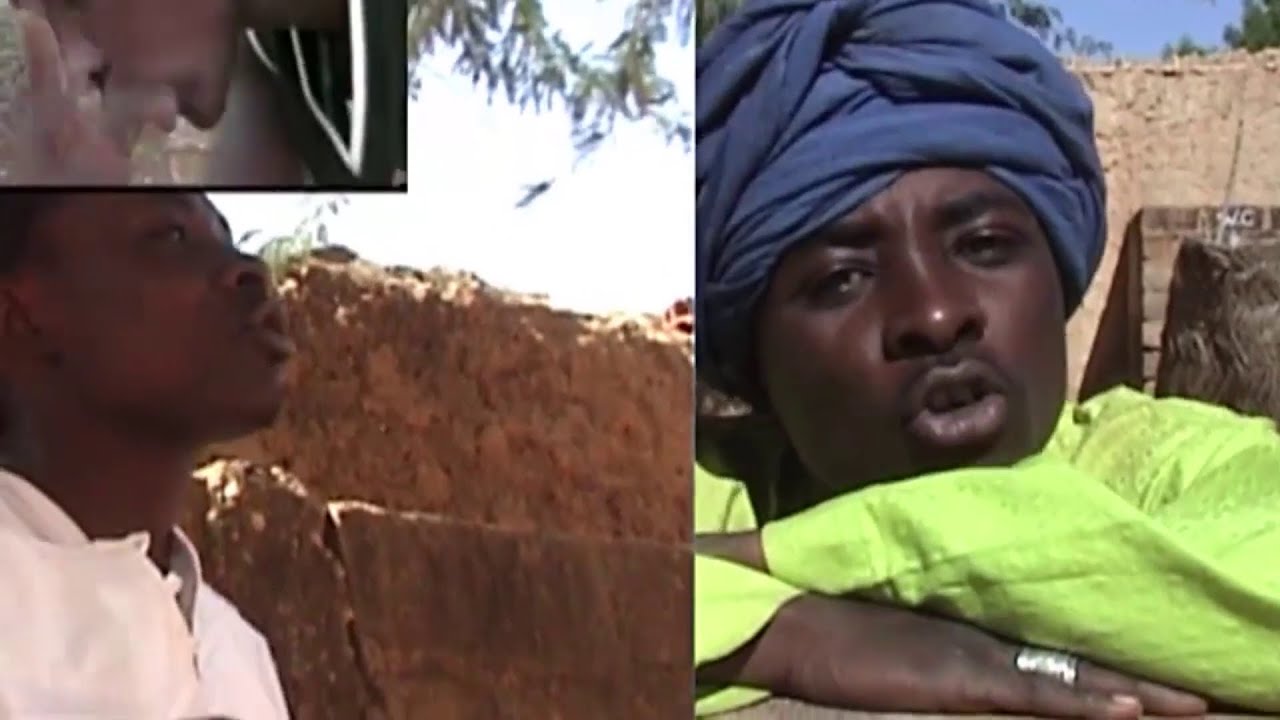Time is a flat, stupid circle, and nostalgia always sells. This means, of course, that we are dangling off a cliff, and at the bottom lies the inevitable early/mid ’00s revival. As someone who came of age just in time to be talking shit about the Yeah Yeah Yeahs at work, but also shamelessly dancing to them when less sober and in the presence of potential paramours, I’ve already started making playlists.
One of the most fun things about hindsight, of course, is the ability to wedge in music that you didn’t actually know the first time around when talking about the recent past, allowing you to pretend you were actually hip when you were twenty-one. When the ’00s dance parties start in earnest, you can fully expect Patriote, by Nigerien underground hip hop crew Mamaki Boys, to be in the trick bag – even though it went basically unheard in Europe and America upon its limited CDr release in 2007. The music is timelessly, universally hype as fuck, but it sounds especially correct sandwiched in between, say, Kelis and Bonde do Rolê. Bless the folks at Sahel Sounds (most known for shining light on the Tuareg guitar mastery of Mdou Moctar and Les Filles de Illighadad) for deciding now was the time to give this music a new, broader lease on life.
Aside from being dancefloor dynamite, the most interesting thing about Patriote is how much the tracks are built from the traditional music of Niger. The group – Aziz Tony, Bachou Issouf, and Salif André – invited local elder musicians into the studio to play Nigerien instruments like duma and kalango, then proceeded to make samples and loops out of those recordings. The result is a distinctly Nigerien hip-hop sound, with each track’s rhythm based on a local, traditional dance. The lyrics, too, address regional concerns, from preserving culture against encroaching colonialism to taking back mineral, oil, and uranium rights for the locals.
This is important, and the relevance of the lyrics adds to the urgency of the music, but a great many new listeners wouldn’t know that without being told. What makes Patriote universal is that it, well, bangs. There are also some alluring parallels between Patriote and other happenings in midstream dance music from the same time, and conveniently, it’s just the stuff that is starting to feel ripe for revisiting: rubbery Brooklynite basslines, frenetic drum programming that would fit right in on the first M.I.A. record, the claustrophobic minimalism of the best Neptunes productions.
This is not to say that the Mamaki Boys don’t sound distinctly of their own time and place, but the barrier to entry is low, the pleasures easy to grasp. In other words: even if you’re not angling for the “geriatric millennial” nostalgia circuit, Patriote belongs on your dancefloor. It’s infectious, and while I’m sure plenty of us wish we would have known about it in 2007, it’s certainly better late than never.



